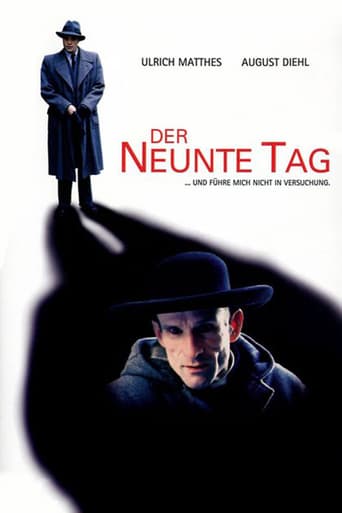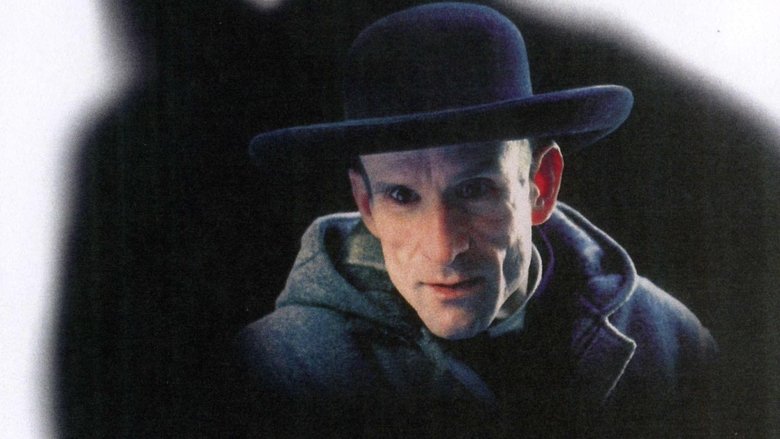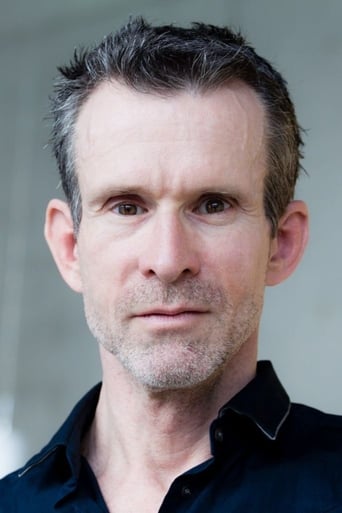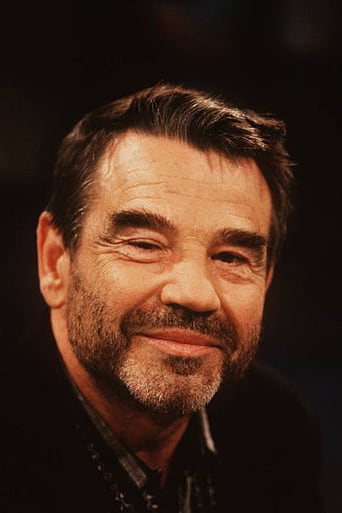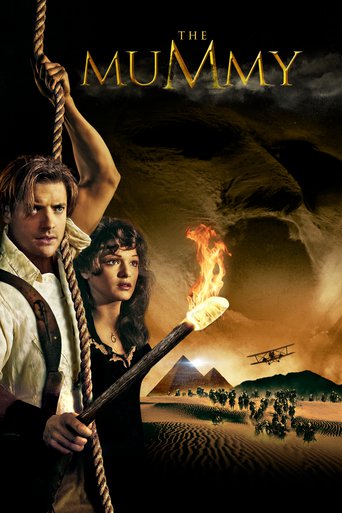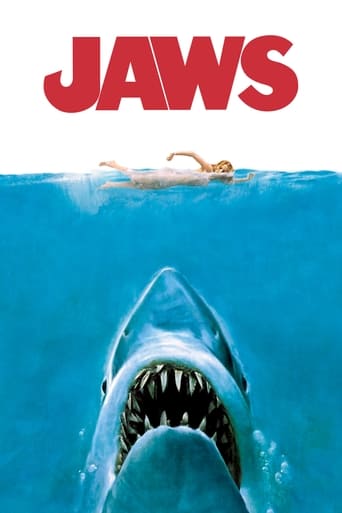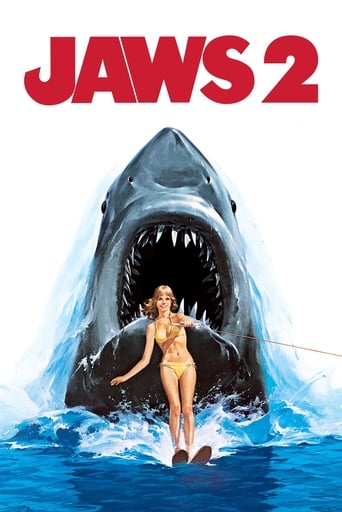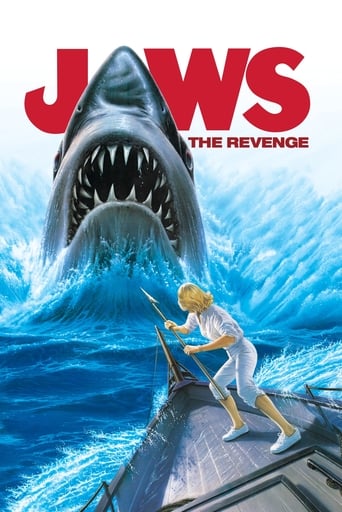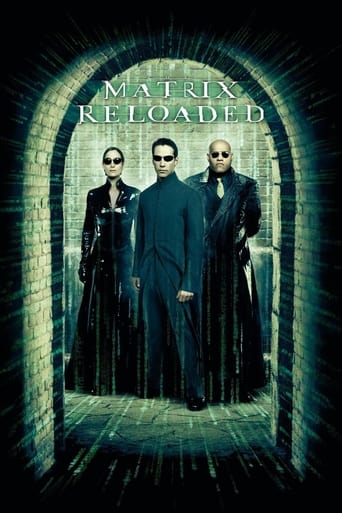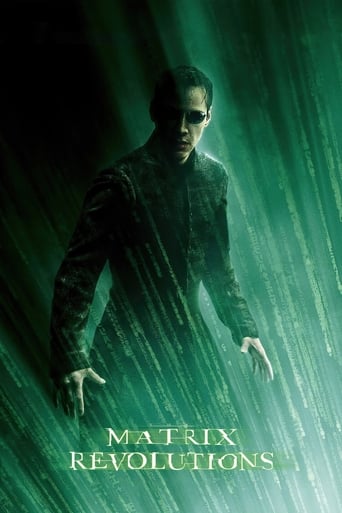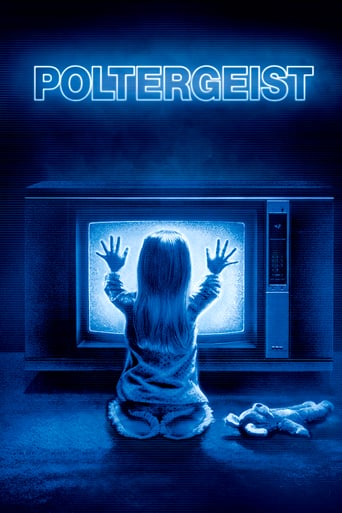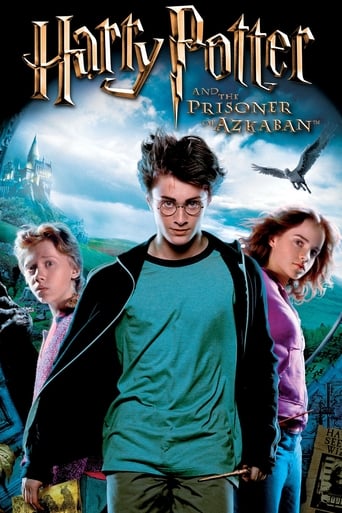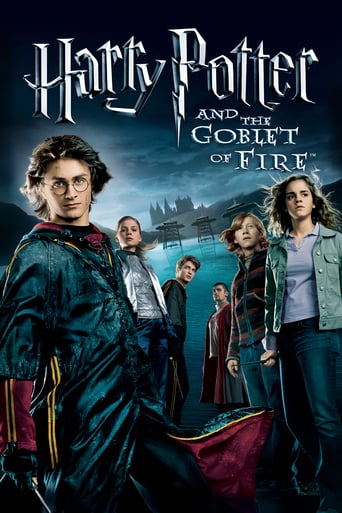The Ninth Day (2004)
A drama loosely based on Jean Bernard's Nazi-era prison diary.
Watch Trailer
Cast


Similar titles
Reviews
Sadly Over-hyped
good film but with many flaws
Far from Perfect, Far from Terrible
It is a whirlwind of delight --- attractive actors, stunning couture, spectacular sets and outrageous parties. It's a feast for the eyes. But what really makes this dramedy work is the acting.
"Der neunte Tag" or "The Ninth Day" is a German movie from over 10 years ago that runs for slightly over 90 minutes and was directed by Volker Schlöndorff who is still pretty famous here in Germany for directing the Oscar-winning "Die Blechtrommel". I was very underwhelmed by this one and while I am definitely not the greatest Schlöndorff fan, I can't deny he has made a couple good films and I would include this one here also as one of these I deem superior to "The Tin Drum". The best thing about it is definitely the acting. Matthes and Diehl bring their A-Game and other actors probably could not have delivered better portrayals. Both certainly elevated the material and I think that, at least back then, both count to the best Germany had to offer in their respective age groups. Hilmar Thate played a supporting character and I felt he was very good too. Then again, I may be a bit biased here as I have always liked him.The story is about a priest who is in jail at a concentration camp during the days of Nazi Germany. A German army commander offers him a deal: If he writes a letter to the Pope and encourages the Pope to approve of German politics during that era, then he (Diehl) would let him (Matthes) free and also save many of the priest's peers from being killed at the concentration camp. Of course, the priest does not believe a bit in the Nazi's claim to being the dominant race, so it is all a decision of his conscience and there is a lot of talk about the priest acting like a Judas for the good cause and for saving people's lives. Will he finally do it? I won't tell you. You need to watch for yourself.Another aspect I believe that is interesting about the movie is the fact that the Vatican is in Rome and people who know about the Italian political position in the 1930s will know that this may have complicated things a lot. Unfortunately, the basics are a lot more interesting in this movie than the actual story. The writers certainly could have made a better job here and I cannot say I approve of the script. The story offered so much more and even if the German Film Awards apparently disagree, I have to say that they did not achieve what they could have achieved here. The only true reason for watching this film is the political context, the real story it is based on and the convincing performances from the 2 lead actors. All in all, I give "Der neunte Tag" a thumbs-up and still call it a missed opportunity. Go check it out.
After reading some of the reviews below, I could not resist the frustration and decided to register and express my own opinion on the subject. First of all, it is a great movie, very humanistic and powerful. It is a movie about inner human struggle, it has nothing to do with church propaganda or any other nonsense so cheaply expressed by some "commentators". Being myself raised and atheist (in the former Soviet Union), subsequently going through Christian transformation but eventually abandoning it and becoming a naturalistic pantheist, I found the movie extremely resonating and devoid of any propaganda at all. It is a story about life the way it was, about people cast into the horror of the state machine, powerless and nearly broken. You will see no heroics, no pretty faces, no romantic interludes, only the bleak atmosphere and a masterful portrayal of the events. The most persistent feeling the movie leaves inside is the torturous question "What character could I actually be had I lived back then?" and the chilling realization of the answer "anyone of them." I only hope that the History is not going to repeat itself the way it always persistently did over the past millennium.Most people are "conditioned" with the false sense of Hollywood "reality" in movies, but the real life is very different and this movie provides a great example of it. It actually is a big plus that the language is German, it adds a lot to the authenticity of the feeling. I have no difficulties following the English subtitles, the dialogs are sparse and do not divert from the main flow (needless to say, my native language is Russian). Finally, the soundtrack is simply incredible. The morons who call it "weak" should check the credits at the end the bulk of the sound uses Alfred Schnittke's symphonic works a perfect ornament to the gloomy and hopeless flow.If you are looking for a movie to entertain yourself, you are definitely in a wrong place. By if you are like me, looking for a movie to enhance your soul and understanding of the drama of our life, then it is definitely worth checking out. 10/10
You may go into this, thinking that it's an interesting, unique and intense Nazi film. Think again. When I read the summary, I thought the same thing, however I was quite a bit disappointed with the end result. Granted, this is a true story, and someone's real life experiences (especially as horrible as Holcocaust survivors' usually are) are nothing to be sniffed at, this however was not one of the best WWII films I've ever seen. And, although it was a German movie, and therefore, not in English, it did make it difficult to enjoy it as much had it been an American made film, where I could have watched it in my native language. Though, I won't say that the film was bad, either. It had excellent cinematography, direction, and the acting was not only realistic, but the makeup was profoundly superb.The only things I had against the film, were that some of the scenes seemed too long, while the story dragged on. The music was cheap and not of good quality, while the story itself was written and directed very slow.All in all it wasn't a terrible film, but again, it's the kind of movie that has much more dialogue, and intellect, than most Holocaust films do. This is not a, "Shindler's List" or even a "The Pianist", but rather something more along the lines of a business Nazi movie. There were a couple of very graphic scenes, in the very beginning and then towards the middle and end, though the majority of the film is spent indoors, offices, and homes. It's not the best film dedicated to that period of time, but you might enjoy it. Just make sure you watch it in a language you'll understand completely. That will help a great deal.
There is this story about a Catholic priest (Abbé Henri Kremer / Monsignore Jean Bernard) allowed by Nazis out of the concentration to go back home to Luxembourg for eight days to bury his mother. He was to return to the camp on the ninth day. The incredible actually happened. The priest in question returned to the camp, was finally released in 1942 (why?) and wrote a book about his ordeal. The book has about 100 pages and the part taken for the film is a small fraction from that book, not even a couple of pages. Several questions arise: how became it possible that the Nazis gave leave to someone from a camp? Who intervened in high places that his might be possible? The bishop from Luxembourg, mentioned in the film, earned the nickname 'The silent one' during the war because he did not speak out against the occupation. It leads to think that he might have intervened in some kind of Machiavellic plot to turn the whole of the lower clergy to the Nazi side by showing the doubters among them that the Nazis were not the monsters after all. The book on which the film is based was first published in the 1950s by the leading Catholic newspaper publisher. Over the years it became thicker because of the many introductions and forewords added. It was the same newspaper publisher who pushed the filming of the story, who got Schlöndorff on the director's seat and who is pushing now the viewing of the film by handing out free tickets and making a huge publicity. To me this whole film is nothing but propaganda for the role of the C. Church and a kind of manipulation of history by not releasing the real facts about this story. Like any propaganda movie it should be rated 0 out of 10. Sit down Mr. Schlöndorff and go over your homework once again!

